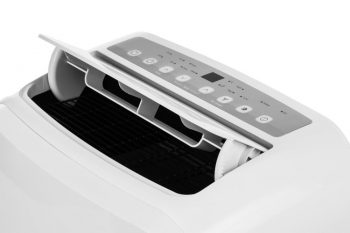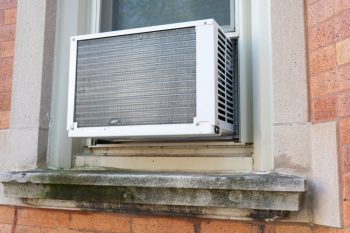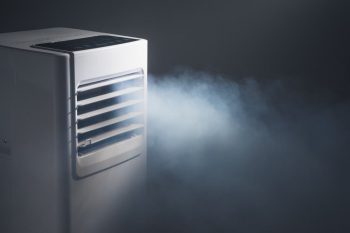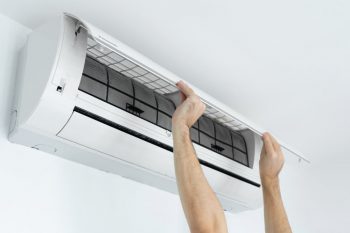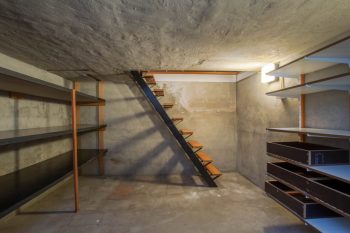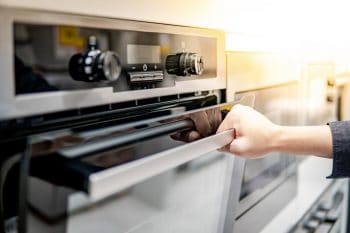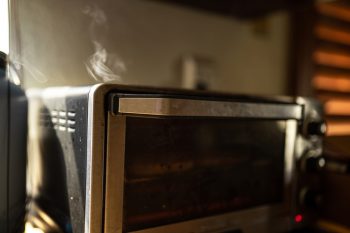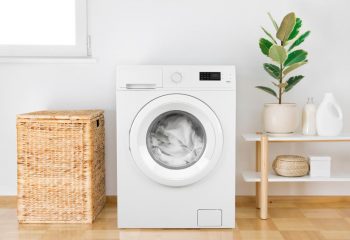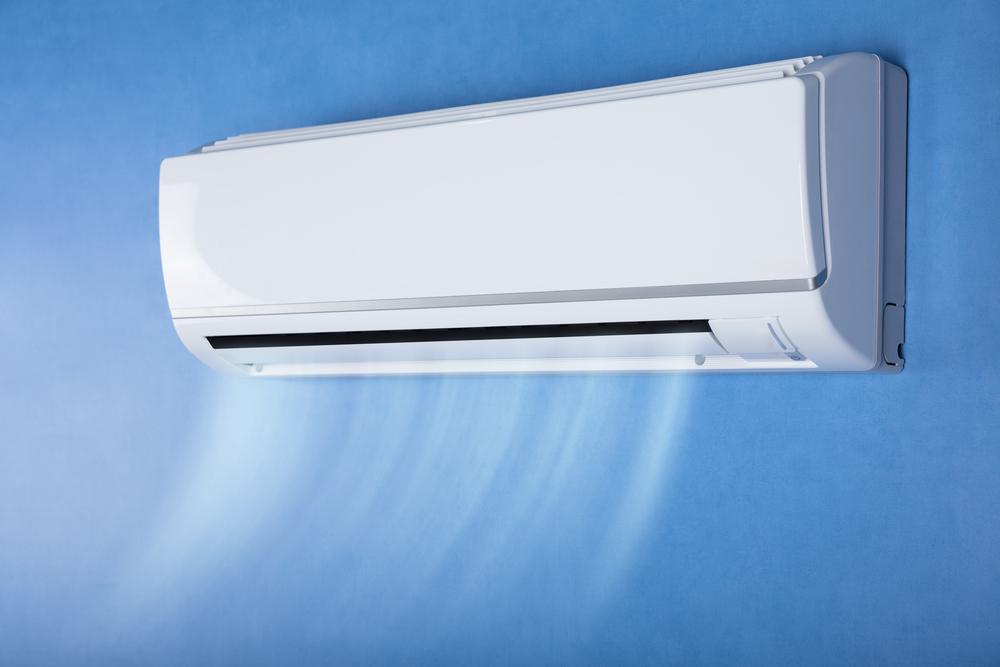
Air conditioning (AC) systems are essential for maintaining a comfortable indoor environment, especially during the hot summer months. However, you may have noticed that your AC’s performance can sometimes fluctuate, leading to inconsistent temperatures and discomfort. In this article, we’ll delve into why this happens and provide solutions for maintaining consistent cooling.
Your AC might fluctuate due to several reasons such as dirty air filters, thermostat issues, incorrect AC size or installation, electrical problems, outdoor temperature variations, and refrigerant leaks. Regular maintenance and addressing these issues promptly can help in preventing AC fluctuations and maintaining a consistent cooling environment.
Common Reasons for AC Fluctuations
Several factors can contribute to AC fluctuations. Here are some of the most common:
1. Dirty Air Filters: Clogged or dirty air filters can restrict airflow, causing an imbalance in pressure and making the AC work harder to cool the home. Regular cleaning or replacement of air filters is essential for optimal AC performance.
2. Thermostat Issues: The thermostat plays a crucial role in regulating your home’s temperature. Problems with the thermostat, such as incorrect temperature readings, faulty wiring, or incorrect placement, can impact cooling system performance and comfort.
3. Incorrect AC Size or Installation: An oversized or undersized AC unit can lead to fluctuating pressures and inefficient operation. Improper installation can lead to issues such as poor airflow, obstructed ducts, and uneven temperature distribution.
4. Electrical Issues: Damaged wiring, voltage fluctuations, circuit breaker issues, capacitor problems, and compressor failure can all result in AC fluctuations.
5. Outdoor Temperature Variations: The outdoor temperature can significantly impact the performance of an AC unit. High temperatures make the AC work harder to achieve the desired indoor temperature, lowering its efficiency. Conversely, running an AC in cold weather can cause damage to the system.
6. Refrigerant Leaks: Leaks in the system can cause pressure fluctuations within the AC system, leading to inconsistent cooling.
How to Prevent AC Fluctuations
Preventing AC fluctuations largely involves regular maintenance and addressing any issues as soon as they arise. Here are some steps homeowners can take if they notice their AC fluctuating:
1. Regular Maintenance and Servicing: Regular maintenance, such as cleaning or replacing filters, inspecting ductwork, checking electrical connections, and ensuring proper airflow, can help improve the performance of your AC unit and reduce temperature fluctuations.
2. Correct Sizing and Installation: Ensure your AC unit is the correct size for your home and properly installed. Consult with a professional HVAC technician for an accurate assessment of your specific needs.
3. Thermostat Placement and Settings: Ensure your thermostat is correctly placed, away from heat-generating appliances and direct sunlight. Check the thermostat settings and ensure it’s functioning properly.
4. Insulation: Proper insulation can prevent drafty areas and maintain even temperatures in the home.
5. Address Electrical Issues: If you suspect an electrical issue with your AC, contact a professional technician for inspection and repair.
Conclusion
Understanding why your AC fluctuates and how to prevent it is crucial for maintaining a comfortable and energy-efficient home. Regular maintenance, correct AC sizing, and addressing issues promptly can help ensure your AC system operates smoothly and keeps your home cool and comfortable. If you’re experiencing persistent AC fluctuations, it’s best to consult a professional HVAC technician for a thorough inspection and repair.
Frequently Asked Questions
How often should I replace my AC filter?
The frequency of replacing your AC filter depends on several factors, including the type of filter, the air quality in your home, and whether you have pets. However, as a general rule, it’s recommended to replace your filter every 60-90 days. If you have pets or suffer from allergies, you might need to change it more frequently, around every 30-60 days.
What is the ideal temperature setting for my thermostat?
The ideal temperature setting for your thermostat depends on your personal comfort and the season. However, the U.S. Department of Energy recommends setting your thermostat to 78°F (26°C) when you’re at home and awake, and lower when you’re asleep or away.
How can I tell if my AC unit is the wrong size for my home?
Signs that your AC unit may be the wrong size include inconsistent temperatures, high energy bills, the unit frequently turning on and off (short cycling), and the unit struggling to reach the desired temperature. A professional HVAC technician can perform a load calculation to determine the correct size for your home.
How do I know if there’s a refrigerant leak in my AC system?
Signs of a refrigerant leak can include fluctuating temperatures, a hissing or bubbling noise from the AC unit, ice build-up on the refrigerant line, and higher than usual energy bills. If you suspect a refrigerant leak, it’s best to contact a professional HVAC technician as refrigerant can be harmful if mishandled.
How often should I schedule professional maintenance for my AC unit?
It’s recommended to schedule professional maintenance for your AC unit at least once a year, ideally in the spring before the cooling season begins. Regular maintenance can help identify and address potential issues early, improving the efficiency and lifespan of your unit.

